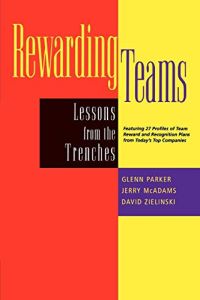
Rewarding Teams
Lessons from the Trenches
Recommendation
When you want to encourage a project team, you have to do more than cheer, "Go, Team, Go!" Authors Glenn Parker, Jerry McAdams and David Zielinski show you how. They provide examples of how today’s top companies use the three most important reward systems for teams - recognition plans, project team incentives and organizational unit incentives. They include 27 detailed case studies to show how these companies designed and implemented their systems. They consider difficult issues that affect the reward process, such as how to deal with under-performing team members. At times the writing seems academic, though the text, charts and summary lists are generally clear. getAbstract suggests this book for anyone who is in charge of employee rewards and compensation. The book may seem a little dry, but its message is juicy: Just the right combination of perks, pay and programming can mean lots more to a team than just cheers.
Summary
About the Authors
Glenn Parker is a consultant who has worked with pharmaceutical companies, telecommunication organizations, manufacturers, service businesses and health care providers to create and sustain high performing teams, team players and team-based systems. He is the author of Team Players and Teamwork. Jerry McAdams is the national practice leader of rewards and recognition systems for Watson Wyatt Worldwide and the co-director of the nonprofit Consortium for Alternative Reward Strategy Research. David Zielinski is a business journalist who has covered human resources, organizational development and business management for more than 10 years.










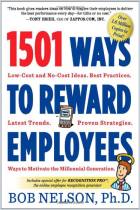
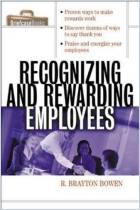
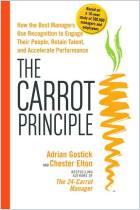
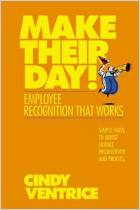
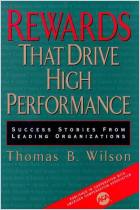
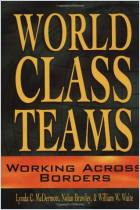









Comment on this summary or 开始讨论